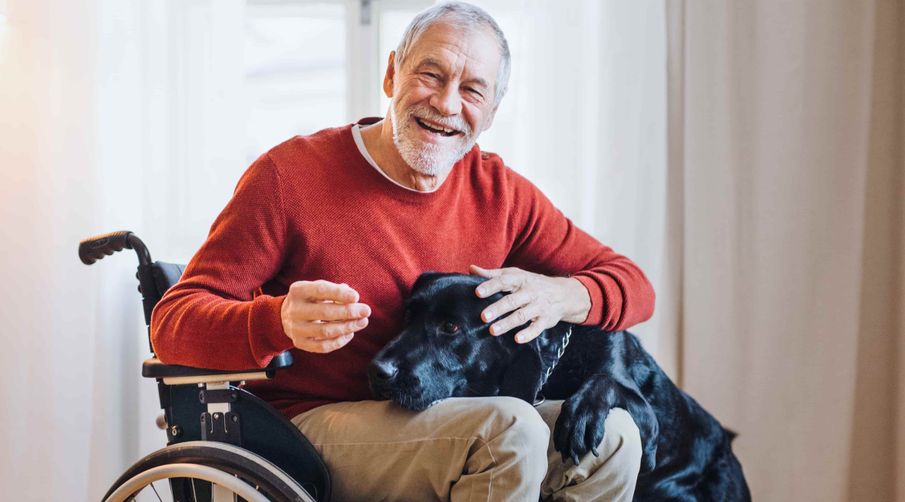From answering ‘awkward’ questions to encouraging curiosity and kindness, we explore how to approach conversations with children
There are 14 million disabled people in the UK, yet talking about disability is still often seen as a taboo topic, with 2022 research by Samsung UK revealing that 45% of people don't feel comfortable using the words 'disabled' or 'disability' in everyday conversations, while 65% of people with disabilities wish to remove embarrassment or awkwardness felt when discussing their challenges with their colleagues. It can be awkward territory for everyone involved, but it doesn’t have to be that way.
As a disabled woman, I’ve experienced numerous occasions where children have asked me about my condition. Having had younger siblings myself, I really encourage their inquisitive side, and believe that ignoring the topic actually does disability a disservice.
For example, I was waiting for a taxi from my local leisure centre when I noticed a little boy kept looking at me. At the time, I was using my wheelchair, and assumed that was why he was looking. After a few minutes, I overheard his mother talking about wheelchairs and then her son appeared by my side, saying: “Can I ask you a question?” I nodded. He responded, “How quick can your wheels go?”
"People are often worried about saying the wrong thing, yet saying nothing at all can do more damage"
We ended up talking about how fast I could go, and he reckoned my ‘magic wheels’ were as fast as a rocket! His mother thanked me for taking the time to talk with her son, and I thanked her because she enabled her son to have a conversation about disability that was age appropriate. I was really pleased she didn’t shut down his question, or pull him away.
People are often worried about saying the wrong thing, yet saying nothing at all can do more damage when it comes to explaining disability to children. Here are some tips for having those conversations:
Acknowledge disability
I’m not the elephant in the room. You can say the word ‘disabled’. If it’s something your child has not seen before, it’s natural for them to have questions. Ignoring the topic can lead to fear of disability, and lack of education and awareness are the biggest contributors to discrimination.
Normalise disability
Find TV shows or books with disabled characters. This helps to remove the stigma, and shows that it’s a normal part of society. There are many great books for kids that feature a disabled character, including: Celine’s New Splints, Fun in the Sun, Haylee’s Friends, Jacob’s Traffic Jam, and My Brother is an Astronaut. These books are a great way to open up the conversation about disability in a way that children can understand.

Your actions shape their views
There have been countless times where a child has been told off for staring at me, or dragged out of the way when I’ve been in their path. I appreciate the good intentions, but what does that teach them? Should they keep away from disabled people? Are we taboo? Taking the time to explain why they might need to move, or why that man has one arm, will help children to know we’re not to be feared.
Disability equality charity Scope has a campaign called ‘End The Awkward’, which uses humour to highlight how uncomfortable people can be around disability. The campaign offers suggestions on how to deal with uncomfortable feelings, and has tips on appropriate use of language.
Being disabled is not a bad thing
Being disabled doesn’t mean someone is incapable. We’re disabled by society and the barriers put in our way. If you can’t walk but need to enter a building, stairs are going to disable you. If there was a lift, you’d be able to access the building. This is known as the social model of disability. With the right support, disabled people can still live a normal life, and this is an important sentiment to explore with kids. If the next generation is knowledgeable about disability, disabled children can grow up in a truly inclusive society.
To work with a life coach to learn about advocacy and speaking up, connecting with a professioning using lifecoach-directory.org.uk


Comments